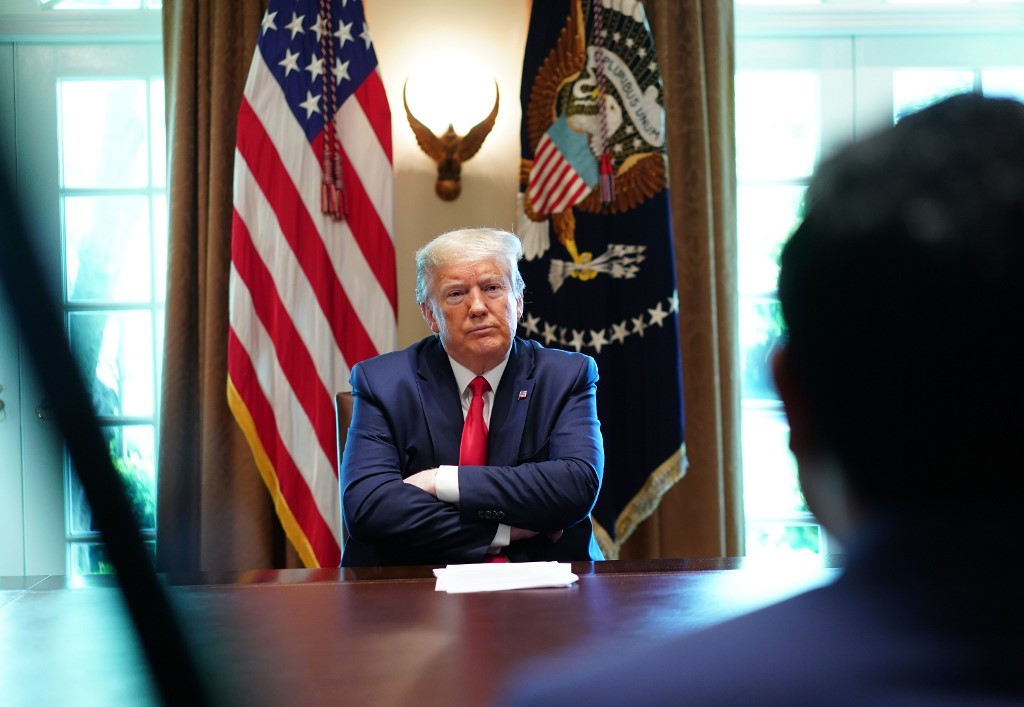(ATF) The People’s Bank of China (PBoC) set yuan parity at 7.1316, the weakest level since February 2008, and for once today the FX market did not fight the central bank. CNY stood at 7.1383 at 7pm HK time, within immediate grasp of the parity level.
The more volatile and more pessimistic CNH (offshore deliverable CNY) traded at 7.1601, quite a bit stronger than Thursday’s record weakness.
What’s happened and where do we go from here?
It’s a matter of the status of the tug-of-war between Messrs. Xi and Trump.
The next round is due Friday night HK time when the US president is due to announce measures sanctioning China for alleged wrongdoing in its Xinjiang province and its Special Administrative Region of Hong Kong.
(One wonders when Xi will start talking about Minnesota; but that’s another matter, of course).
Mainland Chinese fund flows into Hong Kong reached over $40billion in the first four months of the year. Most of that was genuine flight-to-safety exit of funds from mainland China, not yet Hong Kong related.
But last week’s flow of funds, engineered in significant part by major Chinese state-owned banks investing in HK-listed SOEs, was very much part of the tug-of-war over HK.
The yuan suffered. But it was a political expense to be borne. We will crack down on secession talk and terrorist action, said China’s National People’s Congress … and it will make HK safer and more attractive as a financial market. Fund inflows from China underwrote the message.
Friday was a different day. North-South capital flows reversed, the HK market suffered and the yuan stabilised.
The political and financial fronts in the US-China war are merging.
Let’s see how reality show actor Donald Trump will play it. It’s worth remembering that the PBoC is still sitting on $3 trillion in reserves in this battle.
As for the US dollar, it has been weakening. That, too, might reverse if US equity markets conclude that more heated US-China confrontation will not help the US recovery from the coronavirus.
























